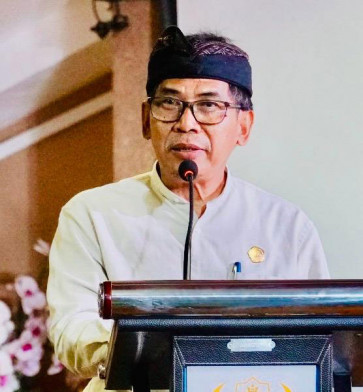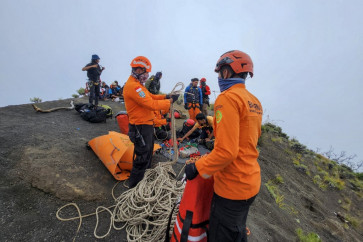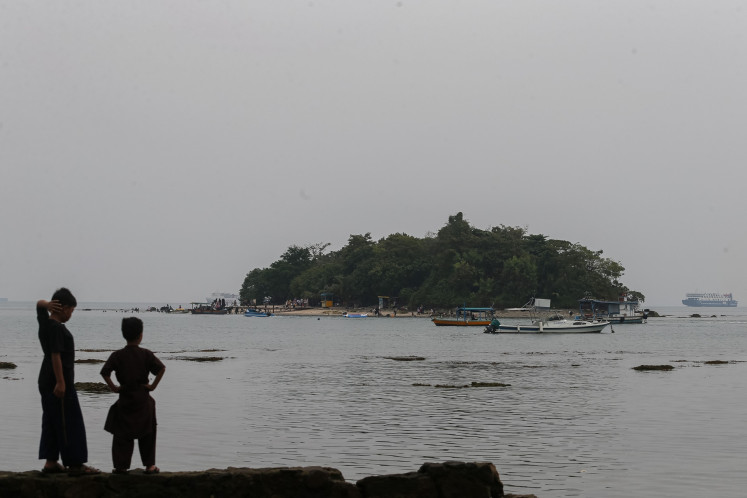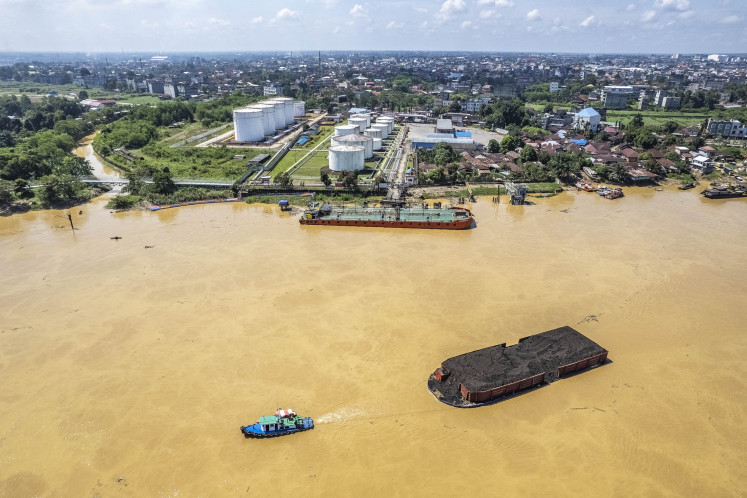Popular Reads
Top Results
Can't find what you're looking for?
View all search resultsPopular Reads
Top Results
Can't find what you're looking for?
View all search resultsJCPOA, its significance to Iran and the world
The International Atomic Energy Agency has verified – 15 times – Iran’s compliance and adherence through its surveillance and monitoring of peaceful nuclear activities.
Change text size
Gift Premium Articles
to Anyone
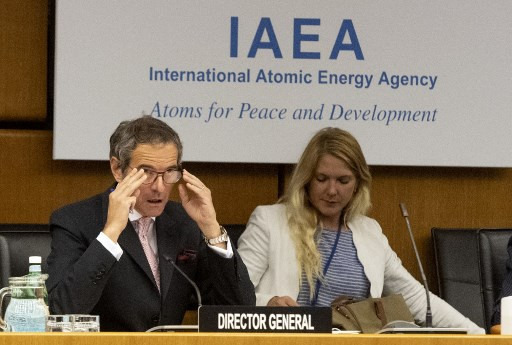
T
he Joint Comprehensive Plan of Action (JCPOA) on the Islamic Republic of Iran’s peaceful nuclear activities was inked by the United Nations Security Council’s five permanent (P5) members – China, France, Russia, the United Kingdom and the United States – plus Germany on one side and Iran on the other in Vienna, Austria, on June 14, 2015, and was adopted by the UNSC in Resolution 2231 on July 20, 2015.
But as Donald Trump took the saddle of the US presidency and rode into the Oval Office, he trampled on this international agreement, which resulted not only in the US’ withdrawal on May 8, 2018 but its unilateral exertion of more sanctions, which ran the implementation of the JCPOA into numerous problems.
Yet, in spite of vicissitudes during past years, the JCPOA, exerting toils and entente of the Islamic Republic of Iran, is still alive and the world’s effort to safeguard it indicates the multilateralism significance of this international deal in the political, security and economic gamut not only for its signatories but for the international community.
The JCPOA was concluded over a 20-month course of events during 12 years of negotiations in 2015. At first sight, it was implausible for many observers to reach a diplomatic deal in an ambience of mistrust, tautness and sanctions. Henceforward, the JCPOA is considered a potpourri of international multilateralism, American unilateralism and exceptionalism, which signposts its importance.
The multilateral diplomacy among Iran and world powers provided a win-win situation; in other words, it produced common understanding, balance in commitments and tangible guarantees from all the parties involved. Furthermore, the deal having been concluded by all sides, the UNSC, as the only political-security and legal authority for safeguarding the international security and peace, officially supported the deal in resolution 2231, elevating the JCPOA to international law level, and made it legally binding.
Nonetheless, Trump put the world in a shocking situation by withdrawing the US from the Iran deal. Following this, the remaining parties 4+1 and Iran (including China, Russia, France, Germany and the UK) in the deal, began their extensive efforts to save the JCPOA.
Throughout four years of crippling pressure, whether political or economic in the framework of trade war, during Trump’s term, which has been implemented by “maximum pressure” against the Islamic Republic, Iran has never abandoned its international commitments. Interestingly, the International Atomic Energy Agency has verified – 15 times – Iran’s compliance and adherence through its surveillance and monitoring of peaceful nuclear activities.
Likewise, a year after the US withdrawal from the JCPOA, given that European countries failed to fulfill their promises, Tehran announced that Iran would lessen its commitments under the provisions of the JCPOA in five steps. Consequently, Tehran announced in January 2020 that it would no longer face any constraints, including enrichment capacity, uranium enrichment percentage, enriched materials and research and development.
Iran's reactions were, in fact, implemented under clauses of the JCPOA, which permit either side to decrease its obligations if the other party does not comply with its obligations. Accordingly, Iran was able to install more cutting-edge equipment in the field of centrifuges and other related fields and upsurge the enrichment to even 60 percent.
During his presidential campaign, Joe Biden said his administration would return to the deal and make diplomacy a high priority. But a year after his presidency, unfortunately, his election rhetoric has remained a slogan and not only does he follow Trump's irrational policies, but has also imposed new sanctions on Iran. The six rounds of negotiations between Iran and the remaining members of JCPOA in the first half of 2021 in the last months of the presidency of Hassan Rouhani failed.
As Seyed Ebrahim Raisi won the election in the first half of 2021, the new Iranian administration, while declaring its commitment to the JCPOA, is adopting a pragmatic, legal and balanced approach, with focus on the full lifting of sanctions. Iran took part in the new round of negotiations in Vienna beginning Nov. 29, 2021 and participated in by P4 + 1 (Russia, China, the UK, France and Germany) and the EU representative.
The new Iranian government insists that Iran will accept the restrictions over its peaceful nuclear program if all sanctions are lifted in full. The Iranian negotiating team believes that the acceptance of nuclear restrictions has no place if the sanctions are not effectively annulled. The effective lifting of sanctions in the view of Iran's new negotiating team includes various elements from free trade, Iran’s access to monetary resources around the world and its transfer to the desired destinations like any other country in the world.
Many have asked why the deal, as the multilateral diplomacy masterpiece, should be safeguarded and what is its meaning to Iran and the world?
Besides being a window for removing the US sanctions on Iran, the JCPOA, as the axis of Iran’s interactional policy, serves as a driving force for diplomacy and multilateralism in the world. It is also a crucial factor to counter unilateralism.
With the emergence of the JCPOA, a falsely created image of Iran as a secret-nuclear-military country that arrogantly refuses to cooperate globally has been shattered. On the other hand, one year after the US withdrawal from the JCPOA, Iran has complied with all its obligations under the JCPOA and the UNSC. The world has witnessed Iran’s patience in the face of the US withdrawal as well as the inability of other signatories, despite their commitments, to compensate for their strategic partner’s mistake.
Distorting this image, the JCPOA and developments around it has shown Iran is an accountable, committed country. On the contrary, it was the US that breached its commitments and obligations.
Internationally speaking, the JCPOA and its achievements, as a political-security deal, shall be considered the epitome of diplomacy and multilateralism. Thus, putting the JCPOA on its right track and forming multilateralism diplomacy is nothing but a trial to promote global peace and stability.
The nonstop effort of European countries, Russia and China to save the JCPOA is not a baseless one. Those signatories are fully aware of the joint values and benefits of this international deal.
As the Biden administration is changing direction from maximum pressure to maximum diplomacy, the JCPOA as the symbol of maximum diplomacy must be maintained.
In the end, the deal, in addition to security-related functions, can play a role as a contributing factor to the global economic recovery from the adverse impacts of the pandemic.
***
The writer is deputy head of mission, Embassy of the Islamic Republic of Iran.


